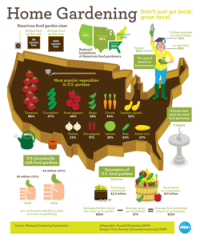NPR:
Foods that have been genetically modified — that is, foods that have new genes inserted into their DNA to give them desirable traits like pest or drought resistance or greater nutrition — have been controversial for years. And that’s in part because they are currently not required to be labeled in the U.S., although the vast majority of people polled say they should be.

